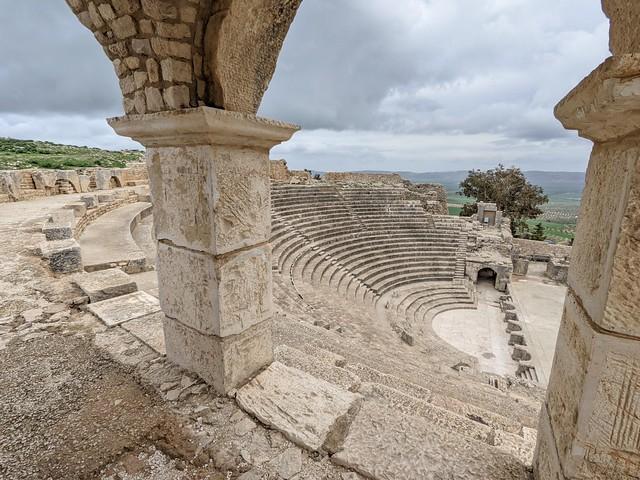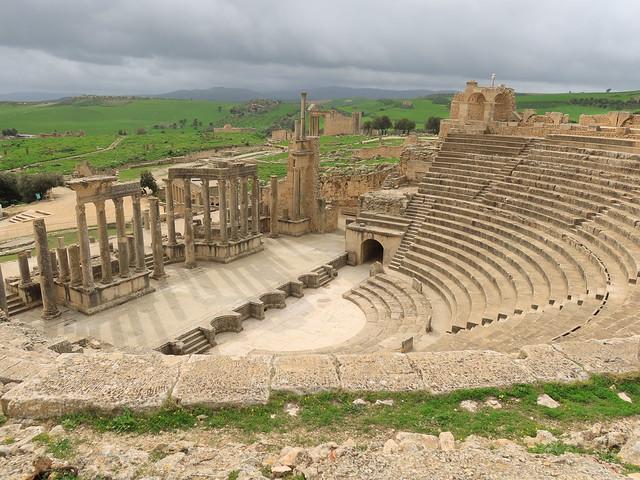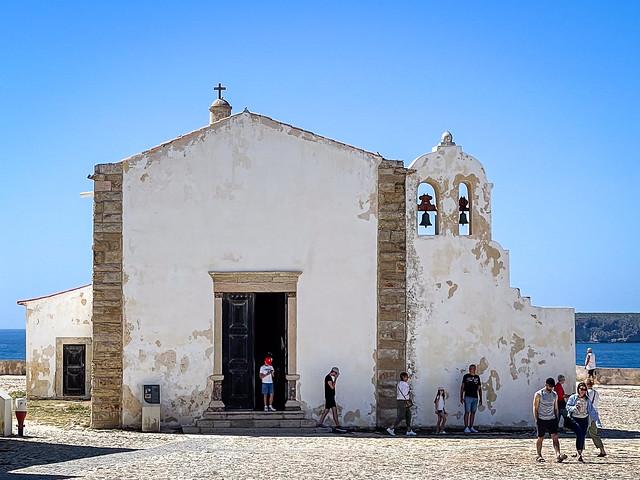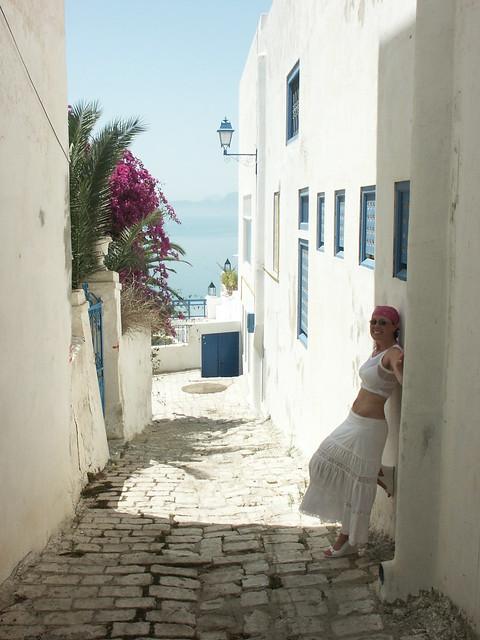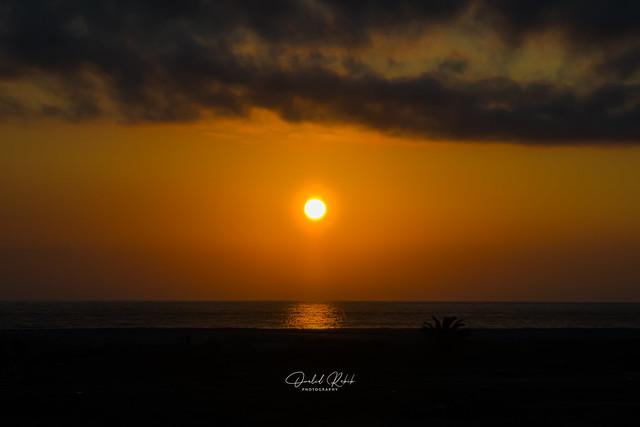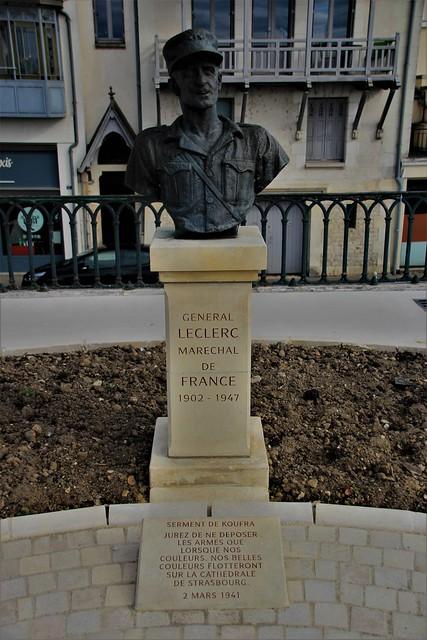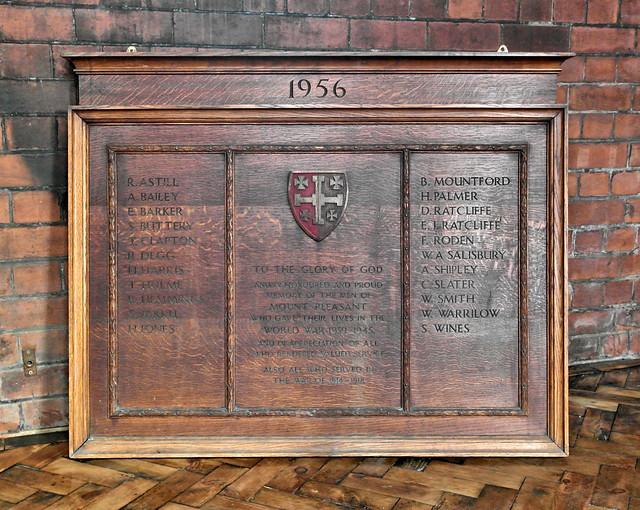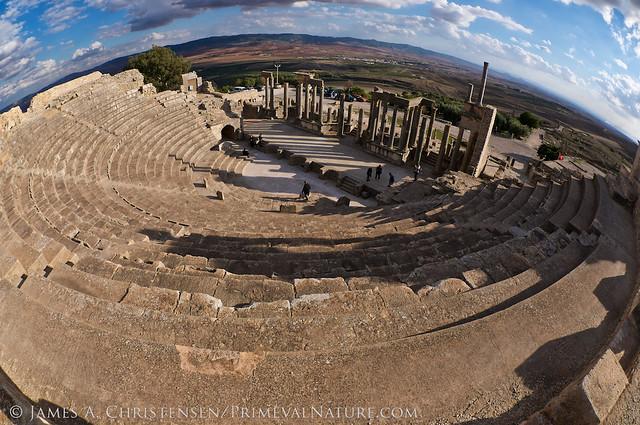Béja
Overview
Overview of Béja, Tunisia
Béja, located in northern Tunisia, is a captivating region steeped in history and rich in agricultural tradition. Known as the "granary of Rome," this verdant area is surrounded by fertile plains and wooded hills, making it visually striking and unique in comparison to the more arid parts of the country. Béja's charm lies in its relaxed atmosphere and preserved Roman and Byzantine ruins, such as the ancient city of Dougga, a UNESCO World Heritage site. The region's culture is a delightful blend of Berber, Arab, and European influences, evident in its cuisine, architecture, and local customs, providing a deeply authentic Tunisian experience.
Tourism Season and Activities
The high season for tourism in Béja runs from late spring to early autumn, peaking around May through September when the weather is warm but not uncomfortably hot, typically ranging from 25°C to 30°C. This season is ideal for exploring local historical sites like the Roman amphitheater in Dougga, hiking in the nearby Tell Atlas mountains, or visiting the natural springs in Testour. The pleasant weather also lends itself well to outdoor dining and enjoying the local markets, where you can sample regional specialties such as *Chakchouka*, a spicy tomato and pepper dish, and fresh local olives and cheeses.
Preparation for Travelers
Before visiting Béja, travelers should prepare a few key items to ensure a smooth and enjoyable trip. Firstly, ensure you have a valid passport and check if a visa is required for entry into Tunisia from your country. It's advisable to learn a few phrases in Arabic or French as these are the primary languages spoken in Béja, and this can greatly enhance your interaction with local residents. Packing should include comfortable walking shoes for exploring archaeological sites and rural areas, a hat and sunscreen for protection against the sun, and a light jacket for cooler evenings. Finally, familiarize yourself with local customs and cultural norms to show respect and get the most out of your visit to this historically rich and welcoming region.
How It Becomes to This
History not available

You May Like
Explore other interesting states in Tunisia
Discover More Area
Delve into more destinations within this state and uncover hidden gems.



